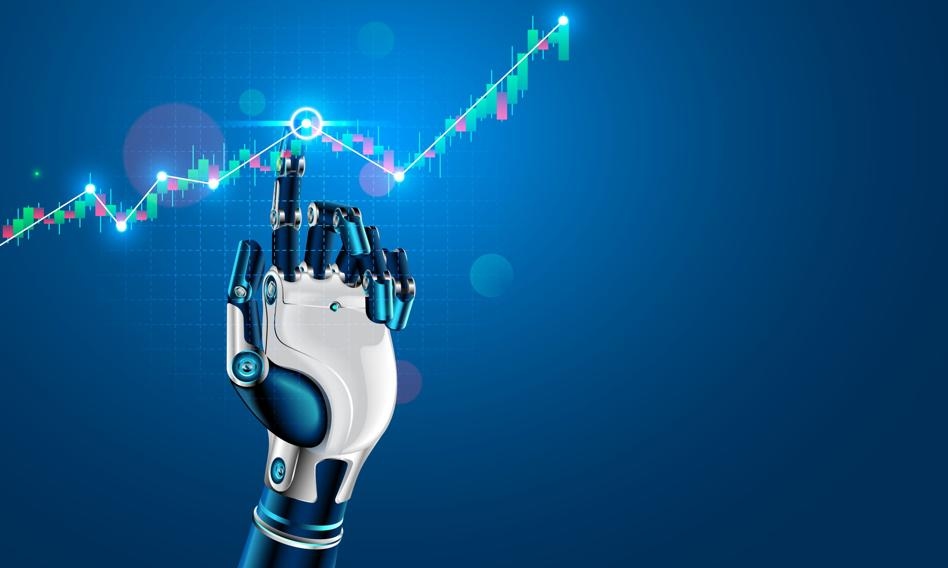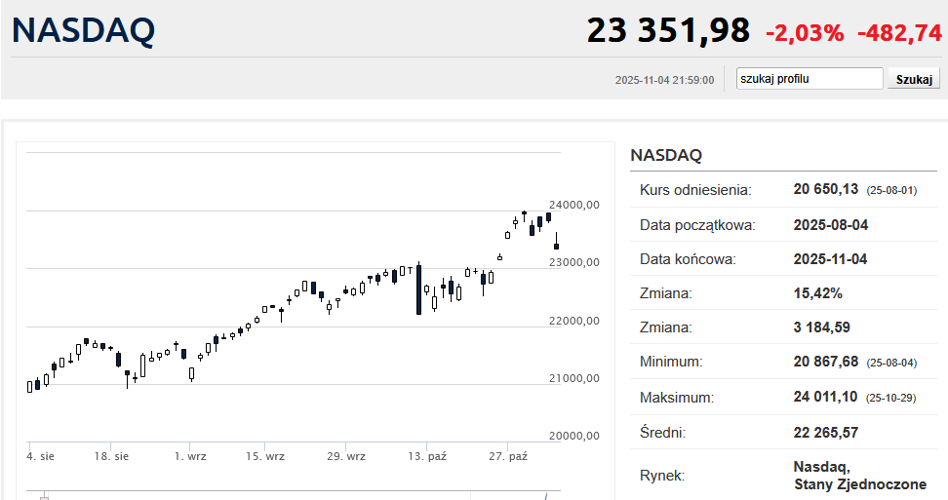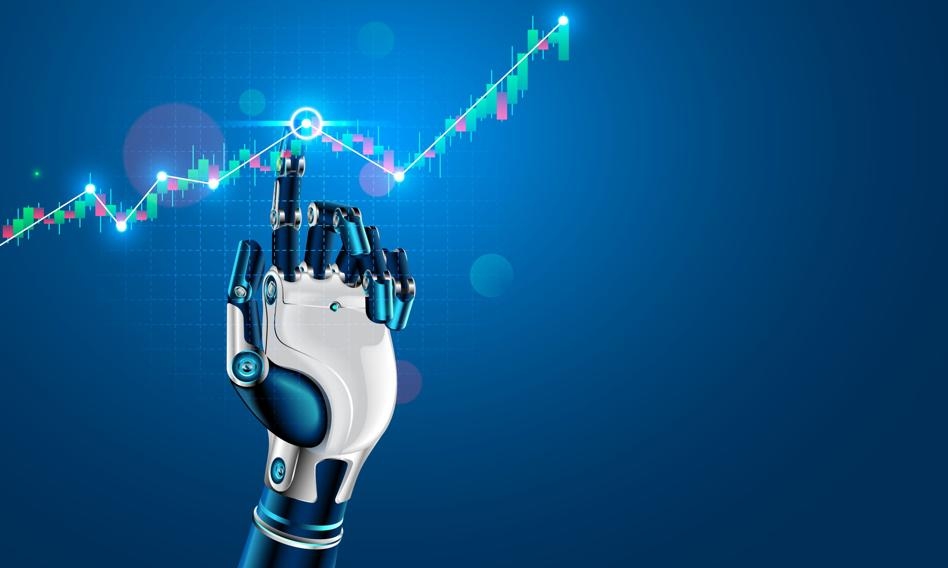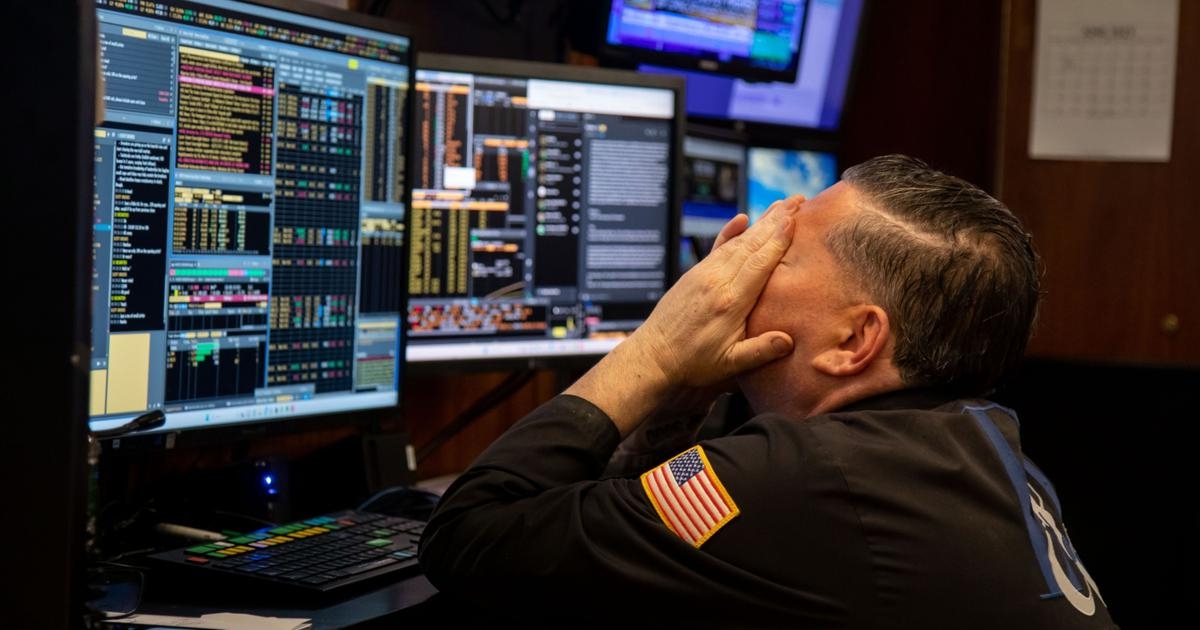Is AI a Bubble? Wall Street Is Starting to Have Doubts

Tuesday's session on the New York Stock Exchange brought a decisive a sell-off in shares of companies related to generative artificial intelligence. On Wall Streets are increasingly starting to ask whether AI has become a bubble speculative.
CEO of HSBC, the eighth largest listed bank in the world stated that consumers are not ready pay for solutions offered by artificial intelligence. - These are trends lasting five years, so the acceleration means we will start to see real benefits in the form of revenues and a real willingness to pay for them, probably later than investors expect, he said HSBC CEO Georges Elhedery at a conference in Hong Kong .
Goldman CEOs also spoke in a similar spirit. Sachs and Morgan Stanley. – Valuations in the technology sector is full, said Goldman CEO David Salomon. We should come to terms with the idea that there will be corrections of 10-15%, added the head of Morgan Stanley Ted Pick. Let's add that in October, before any more serious declines Jamie Dimon, CEO of JP Morgan Chase, warned on Wall Street.
And it seems that on Tuesday these declines will at least materialized to some extent. Nvidia shares fell by almost 4%, Alphabet by 2.1%, Tesla by 5.2%, Oracle by nearly 4%, and Palantir by over 8% despite presenting better-than-expected results quarterly.. Practically the entire technology sector was in the red, as also industrial companies.
That was enough to send the Nasdaq Coposite down by more than 2% by drawing a nasty looking black candle on the daily chart, called by technical analysts as a "shooting star formation." This name fits perfectly fits with Tuesday's session, during which AI fell the most stars of recent months and quarters.
- To say that in the next 12-24 months we can A 10-20% correction is an understatement. Markets have corrections all the time. time – somewhat maliciously (though not without reason) countered the bank presidents Thomas Martin, senior manager at GLOBALT, quoted by Reuters. – It's good the thing is that the market has corrections and it doesn't mean that it won't recover from them - added Martin.
Despite this, US stock valuations are at near-record highs combined with the impressive rally of stock market indices over the last 7 months have made Wall Street a bit doubtful. Especially since there is no shortage of threats of a "fundamental" nature: the ongoing government shutdown federal, galloping US public debt, stagnation in the labor market or also the weaknesses of the real economy outside the large corporate sector technological (because it is investments in data centers that largely are now driving US GDP growth).
bankier.pl







